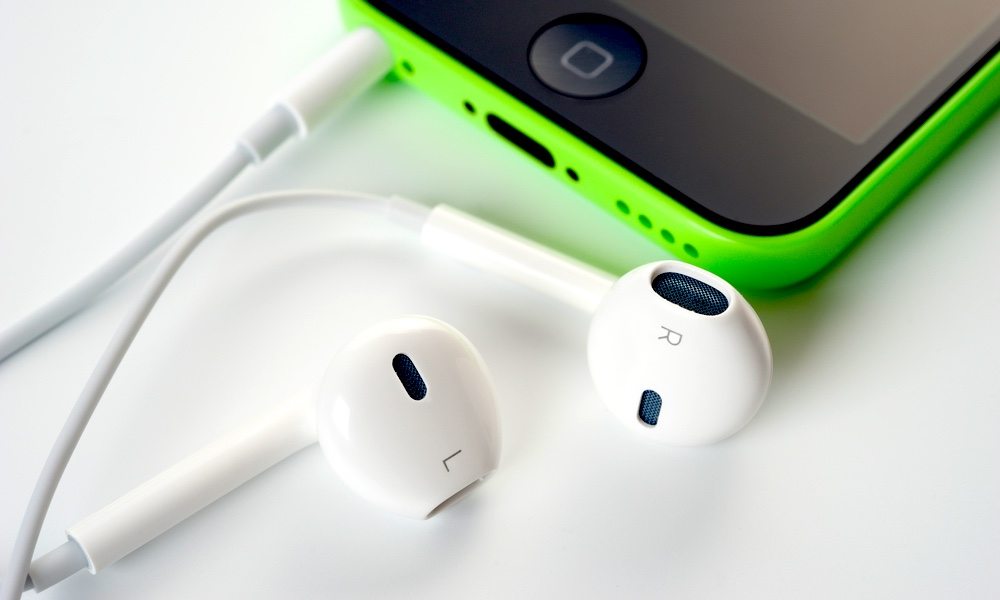Are People Going Deaf Due to Headphone Loudness?

Toggle Dark Mode
From standard wired earbuds to Apple’s new AirPods, headphones are prevalent among smartphone users — and their use is only increasing. But despite how widespread they are, a new study has found that hearing loss is actually in decline among Americans.
By now, it’s common knowledge that using headphones at high volumes for extended periods of time can cause hearing loss. According to the American Osteopathic Association, around 1 in 5 teens has some degree of hearing loss — a 30 percent jump over rates in the 1980s and 1990s. Modern devices have the ability to produce sounds at around the same volume as a live music concert — 120 decibels. At that volume, permanent hearing loss can occur in just an hour and a half, according to Dr. James Foy, an osteopathic specialist from California.
Worryingly, most people who suffer hearing loss aren’t even aware of it unless they undergo a hearing test or medical examination, Dr. Foy said. Worst of all, the type of hearing loss that headphones can cause is irreversible.
And yet, despite all of the cautionary tales, hearing loss is actually on the decline, according to a study published in the JAMA Otolaryngology Head and Neck Surgery journal. The team of researchers behind the study found that — out of a sample of 40- to 70-year-old Americans — 14 percent had hearing loss. That sample was studied from 2011 to 2012, and had a 2 percent decline from a similar sample from 1999 to 2004. The study also found that hearing loss is continuing to decline among adults aged 20 to 69.
Why Is Hearing Loss Declining?
Why is hearing loss on the decline when music is actually getting louder and headphones are more ubiquitous than ever? According to Forbes, it’s likely due to a combination of factors, including decreasing noise pollution levels, better ear protection for workers exposed to loud noises, lower rates of smoking, and even a reduction in doctors prescribing medications connected to hearing loss.
Additionally, audiologist Gregory Flamme, one of the JAMA study’s co-authors, told NPR that few people actually use headphones “loud enough or long enough” to cause any long-term hearing damage.
Still, that doesn’t mean that you shouldn’t be careful about exposure to loud music or sound via headphones. Apple, for example, has an entire web page dedicated to educating consumers about sound and using headphones safely. And its devices, including iPod and iPhone, have safety measures that can curb hearing loss — including a Volume Limit found in Settings > Music.
Also, it’s especially important to be vigilant about hearing loss in teenagers and children. According a December article by the New York Times, as many as half of devices that are branded as being “safe for young ears” didn’t adhere to promised volume limits.
What Else Can I Do to Lower the Risk of Hearing Loss?
As far as preventing hearing loss, Dr. Foy recommends that you set your volume to around 60 percent of its maximum level, and to limit your listening to about an hour a day. If you experience symptoms such as difficulty hearing normal conversations, ringing or buzzing in the ear, or a feeling that your ear is plugged, he recommends that you visit a doctor as soon as possible.
Do you feel that loud music has caused your hearing to worsen?
Let us know in the comments below!






